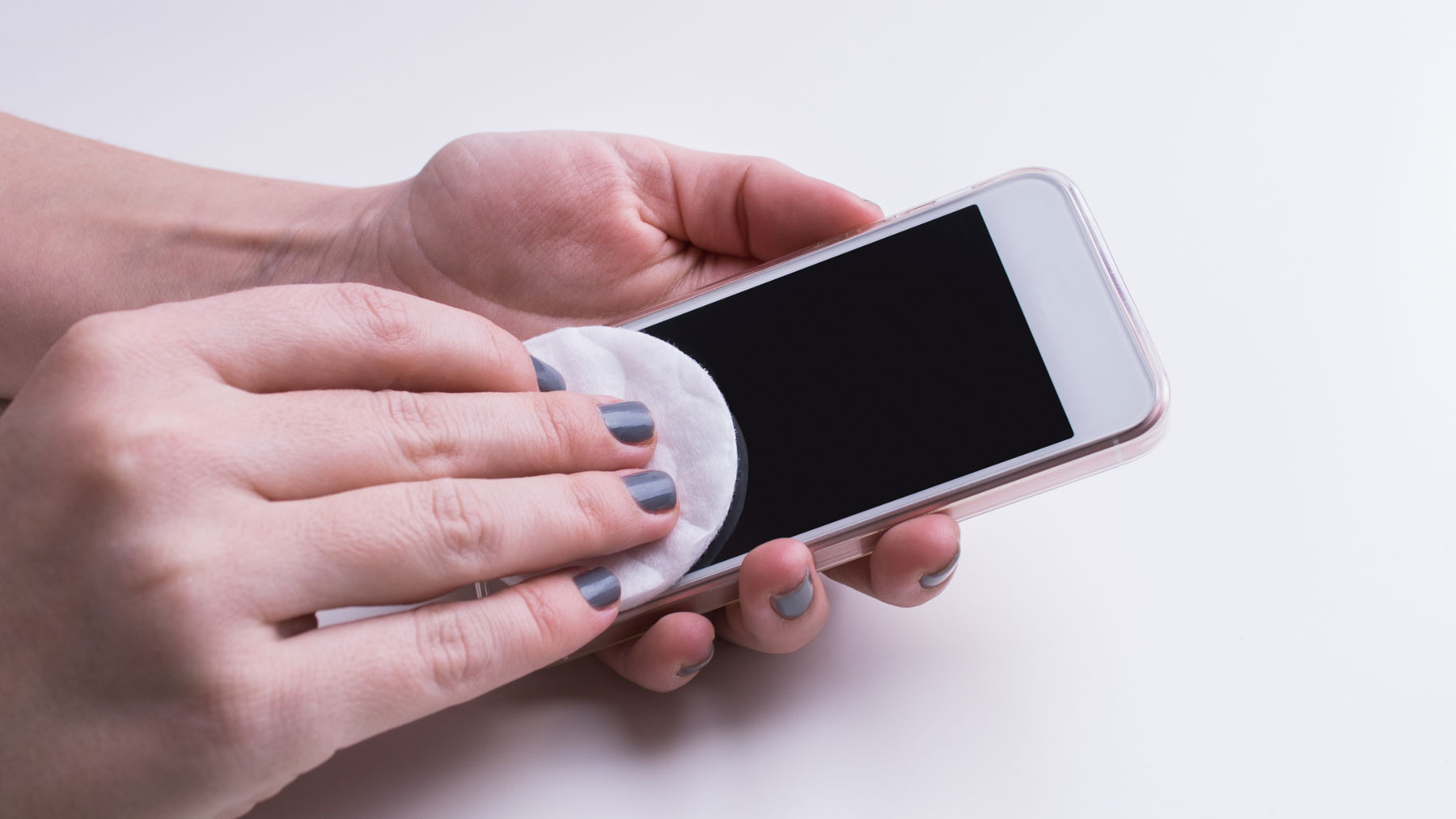

Phones are, quite frankly, disgusting. As far back as 2011, phones were being examined for hygiene-related reasons, and it was found one in every six devices were carrying traces of faecal matter. Gross. Now, the global pandemic means hygiene is more important than ever, and that extends to your devices.
Viruses can live on surfaces for up to three days, according to professors from Princeton and the University of Los Angeles. If you’re picking up harmful bacteria and washing your hands clean, only to pick up your phone and log into Whatsapp, you’re undoing all that hard work.
Although fewer individuals touch your phone than a door handle, for instance, the danger is in picking up viruses living on your phone and passing them on to other people, even after you've washed your hands.
- Where to buy hand sanitiser (and what to do if you can't find it)
There’s no reason to panic and swear off using your phone entirely, but fortunately, there are a few steps you can take to mitigate this. According to Apple itself, you are able to use disinfectant wipes with up to 70% isopropyl rubbing alcohol content to clean your phone without harming the device. There’s been no word from Samsung, Huawei or other Android manufacturers directly.
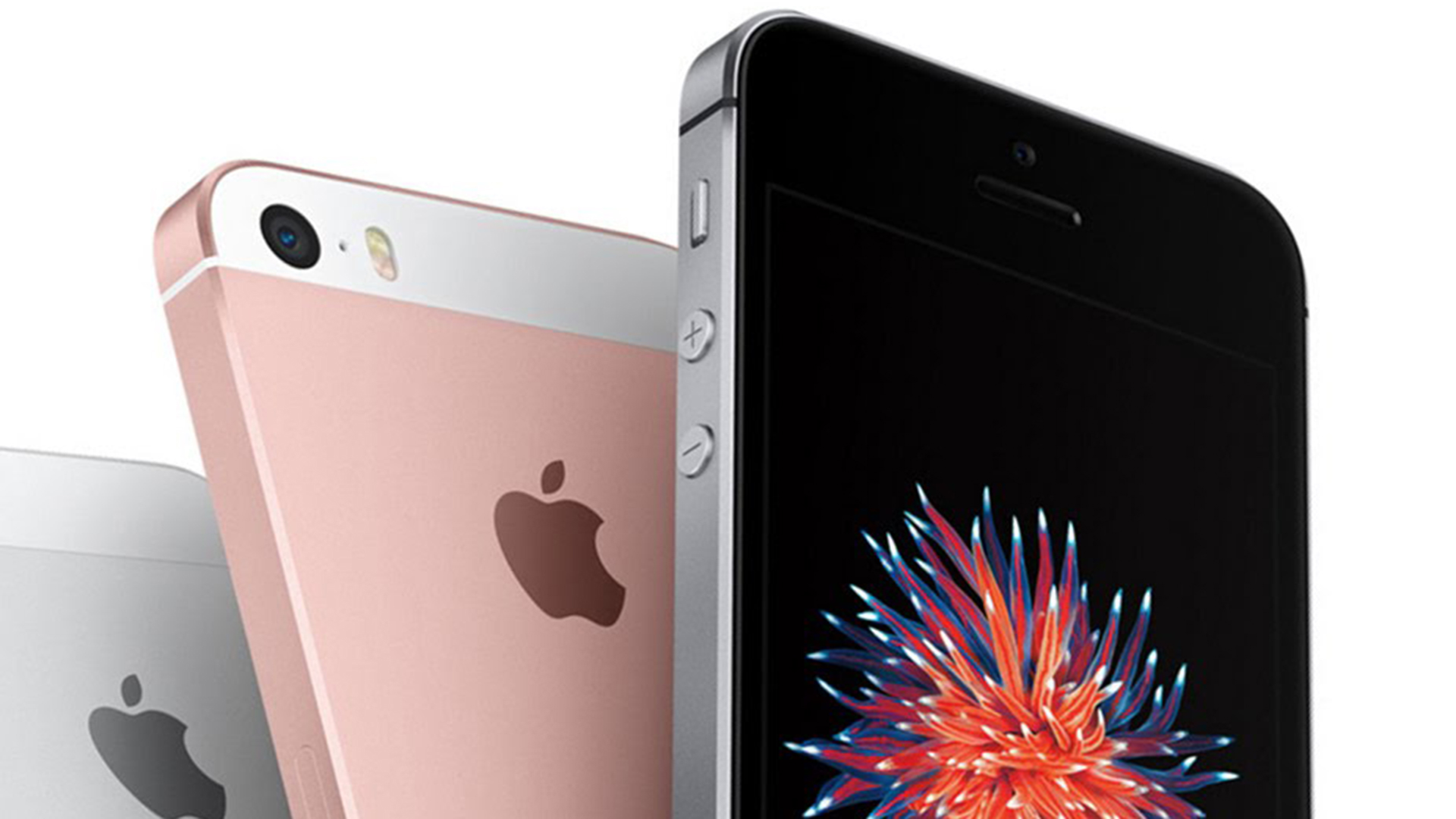
It's been confirmed you can clean a dirty iPhone with some antibacterial wipes
So what’s the best way to go about it? First, we would remove the phone from the case (you can clean this separately) and wipe the screen with a microfibre cleaning cloth to pick up any dirt and dust, otherwise you’ll simply smear these around the screen.
Once you’ve polished the screen, wipe down the phone's large surfaces with antibacterial multi-purpose wipes, such as Lysol, which advertises its product as safe for devices. If the selfish panic-buyers near you have made that impossible, use a couple of squirts of antibacterial spray onto a piece of clean cloth or kitchen paper and wipe the phone down as normal.
You can even create a solution of alcohol and water and decant it into a spray bottle for a homemade antibacterial spray.
Sign up to the T3 newsletter for smarter living straight to your inbox
Get all the latest news, reviews, deals and buying guides on gorgeous tech, home and active products from the T3 experts
The cloth should wipe over any raised surfaces while not trapping liquid in any of the phone’s crevices. For this reason, don’t spray your phone directly, and be sure to check the alcohol content on any product you use: over 70% isopropyl alcohol and you could risk harming the phone. If you’re worried about using disinfectant at all, consider a solution like PhoneSoap Pro, which uses UV light to kill bacteria on your phone.
Leave the phone to air-dry while you clean the case in the same way. Once both case and phone are dry, you’re done. Wash your hands thoroughly to ensure the environment stays clean and pop the phone back in the case and in your pocket. If you do this regularly, you’ll keep a clean device and reduce the likelihood of harmful bacteria hitching a ride in your pocket.
Liked this?
Matt Evans now works for T3.com sister brand TechRadar, covering all things relating to fitness and wellness. He came to T3.com as staff writer before moving on, and was previously on Men's Health, and slightly counterintuitively, a website devoted to the consumption of Scotch whiskey. In his free time, he could often be found with his nose in a book until he discovered the Kindle.
-
 3 overrated shoulder exercises, according to a fitness expert (and what to do instead)
3 overrated shoulder exercises, according to a fitness expert (and what to do instead)Sculpt 3D shoulders whilst minimising injury with these three alternative exercises
By Bryony Firth-Bernard Published
-
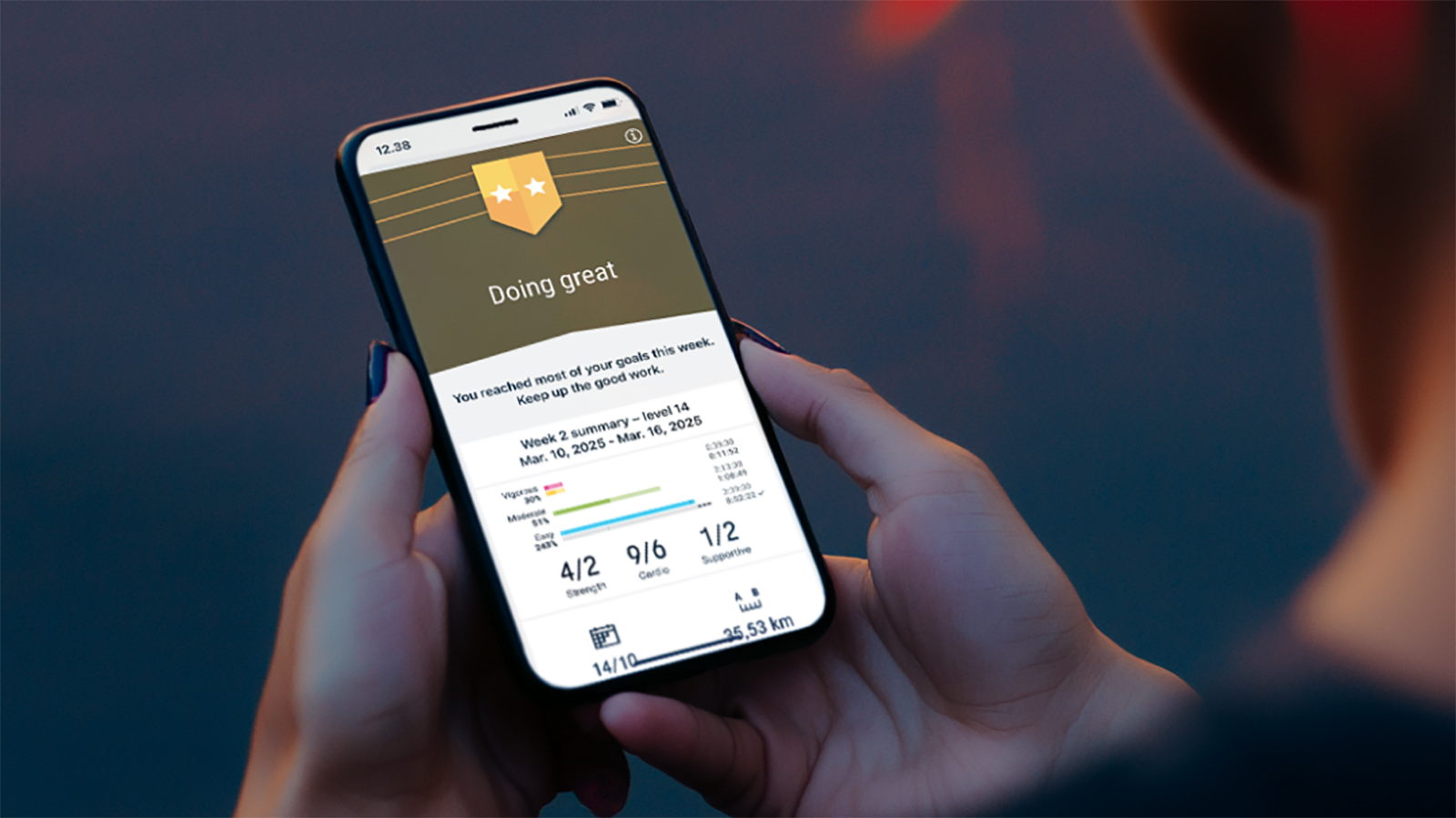 Polar’s new subscription feature lands in the shadow of Garmin’s Connect+ rollout
Polar’s new subscription feature lands in the shadow of Garmin’s Connect+ rolloutPR genius or timing disaster? Polar’s new Fitness Programme adds adaptive training to its ecosystem
By Matt Kollat Published
-
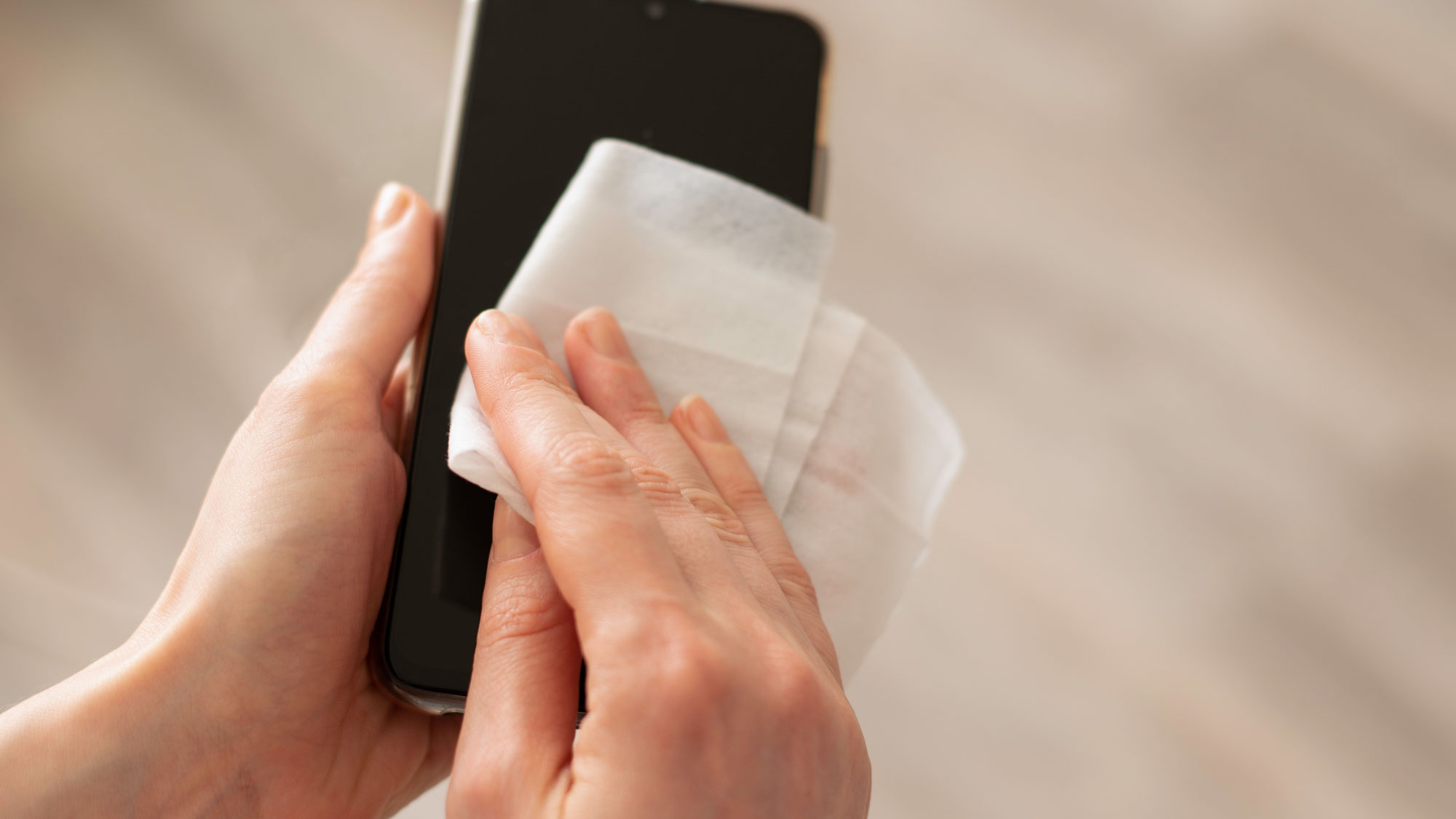 Coronavirus: Should you be cleaning your smartphone?
Coronavirus: Should you be cleaning your smartphone?Should you be wiping down your smartphone as the coronavirus outbreak continues?
By Matt Evans Last updated
-
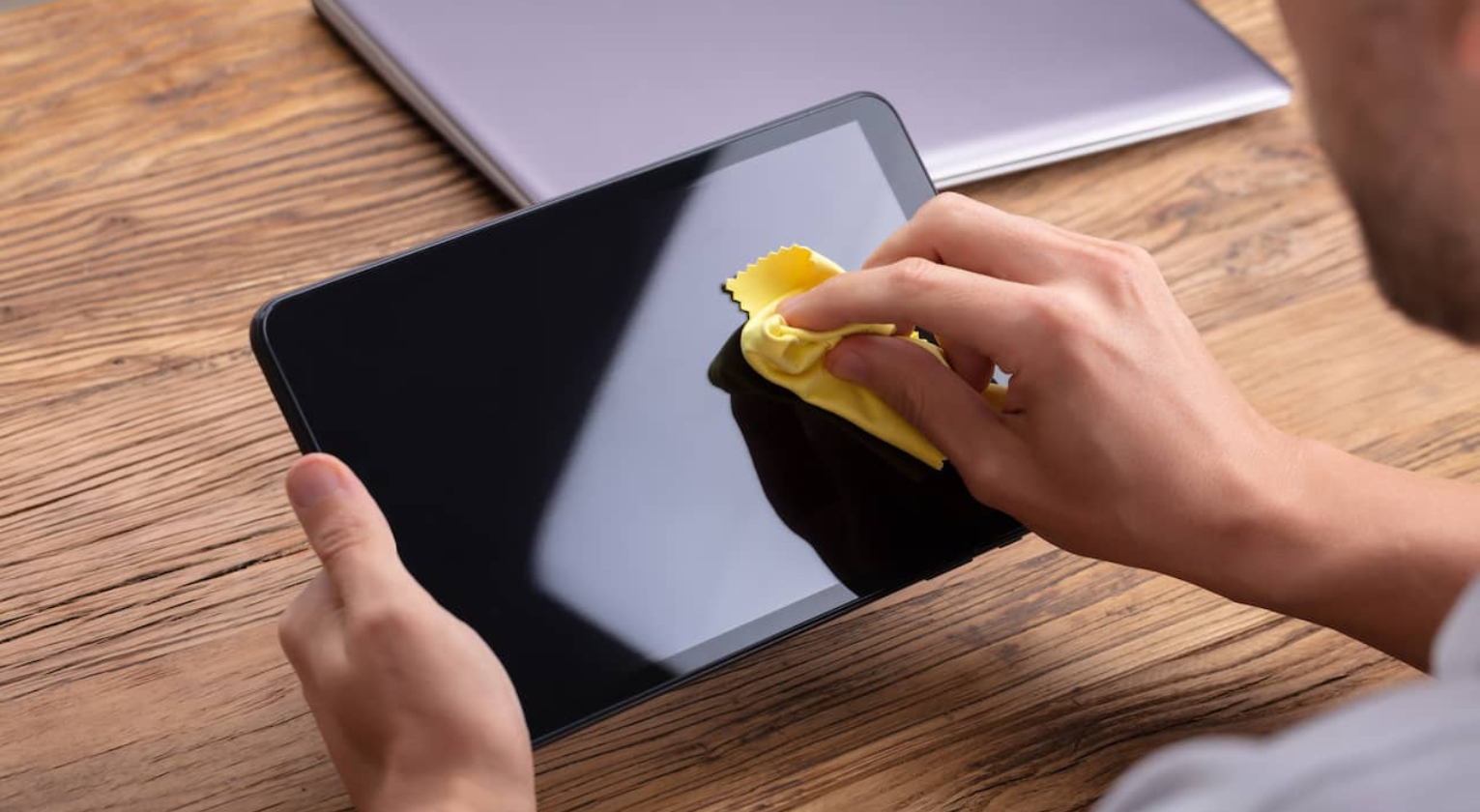 How to clean your iPad, tablet or kindle: get rid of viruses, grime and bacteria
How to clean your iPad, tablet or kindle: get rid of viruses, grime and bacteriaEliminate viruses and harmful bacteria from your tablet with these simple tips
By Matt Evans Last updated
-
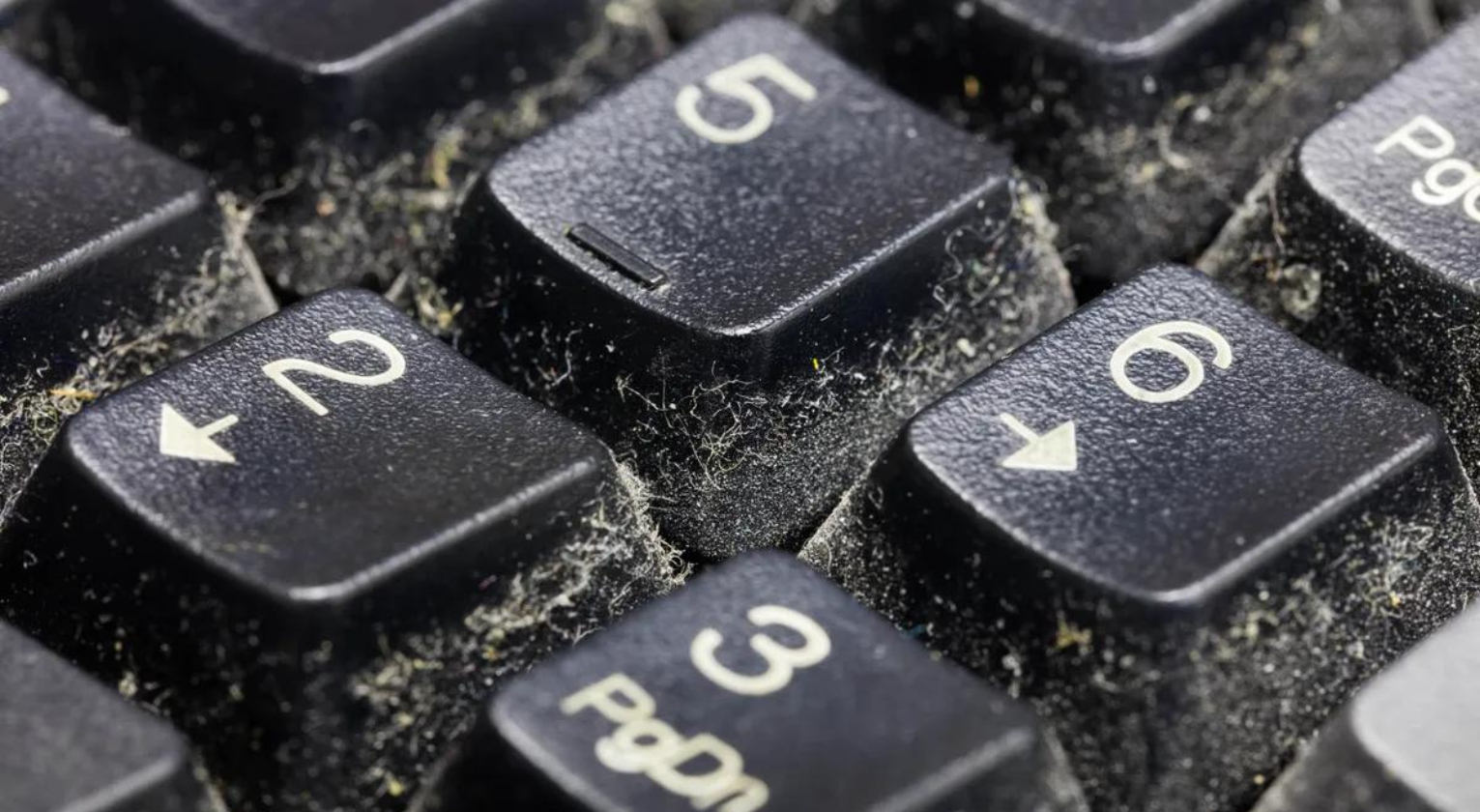 How to clean your keyboard: get rid of dust and grime without any damage
How to clean your keyboard: get rid of dust and grime without any damageWhether you're working from home or surfing the web, banish viruses and harmful bacteria from your dirtiest workspace
By Matt Evans Last updated